Back
Tuhin Subhra Biswas
•
Discord • 1y
Backstage with Millionaires GrowthX Nikhil Kamath GOOD WORK Breakdown John Coogan y can check em out!
Replies (1)
More like this
Recommendations from Medial
Nandishwar
Founder @StudyFlames... • 1y
🚀 Who Really Owns Zerodha? The Inside Story! 📊 Zerodha, India's biggest stock brokerage, is 100% owned by its founders & close associates. No VC money, no outside investors—just pure bootstrapped success! 💪 Here's the breakdown of ownership: 🔹
See More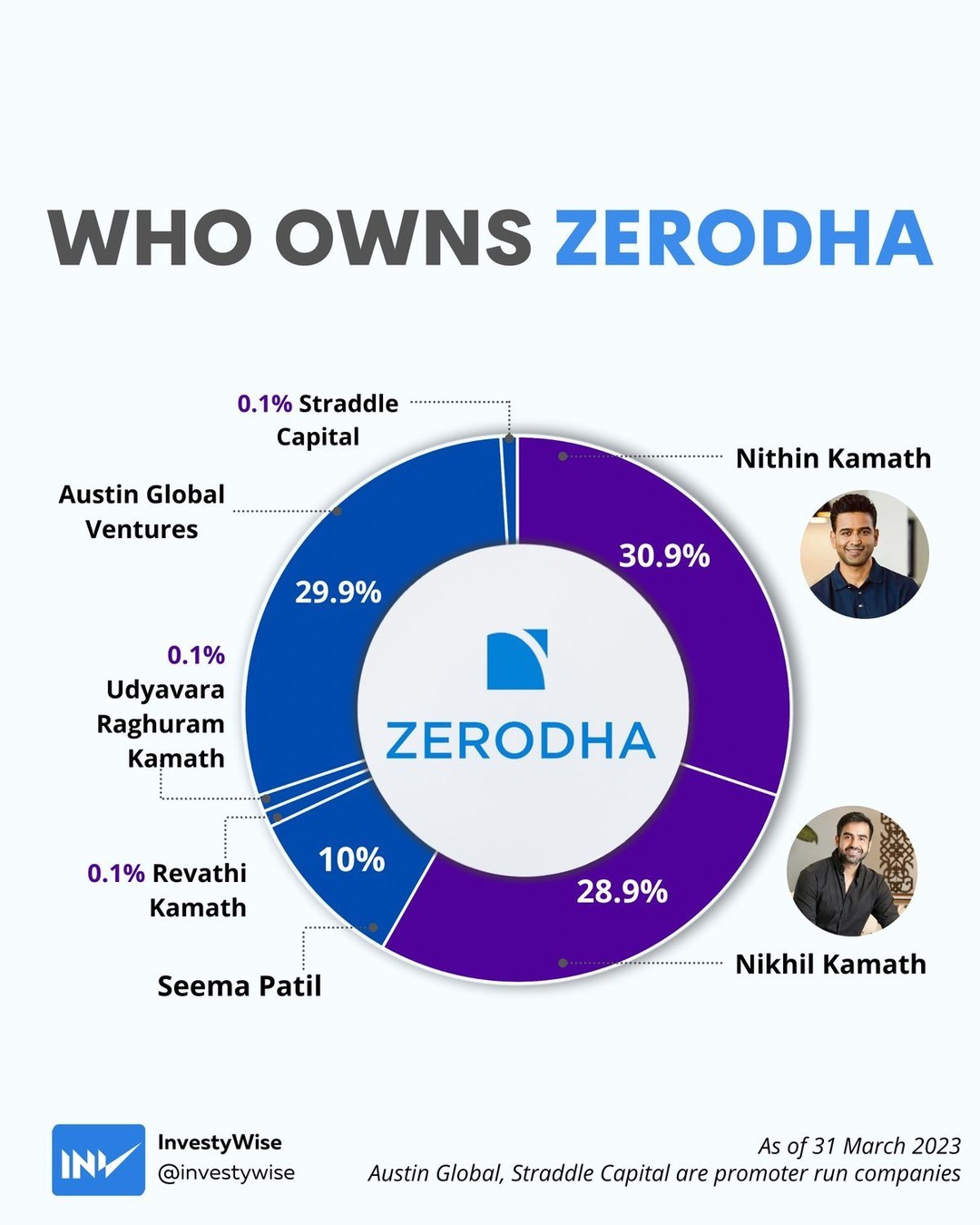
Gigs Master
I know things, becau... • 5m
We made it to top 10 out of 15800 startups, in the Pitch Perfect Competition, led by Ditto, Zerodha, Nikhil Kamath, Rainmatter Foundation. We solved the lost opportunity for financial freedom pan India. We are now looking, for angel investors to jo
See More
Anonymous
Hey I am on Medial • 7m
Nikhil Kamath wasn't a poor school dropout who built Zerodha from nothing. He was born into banking family privilege. Father Raghuram Kamath was executive at Canara Bank. Mother Revathi Kamath ran event management company managing corporate events. "
See More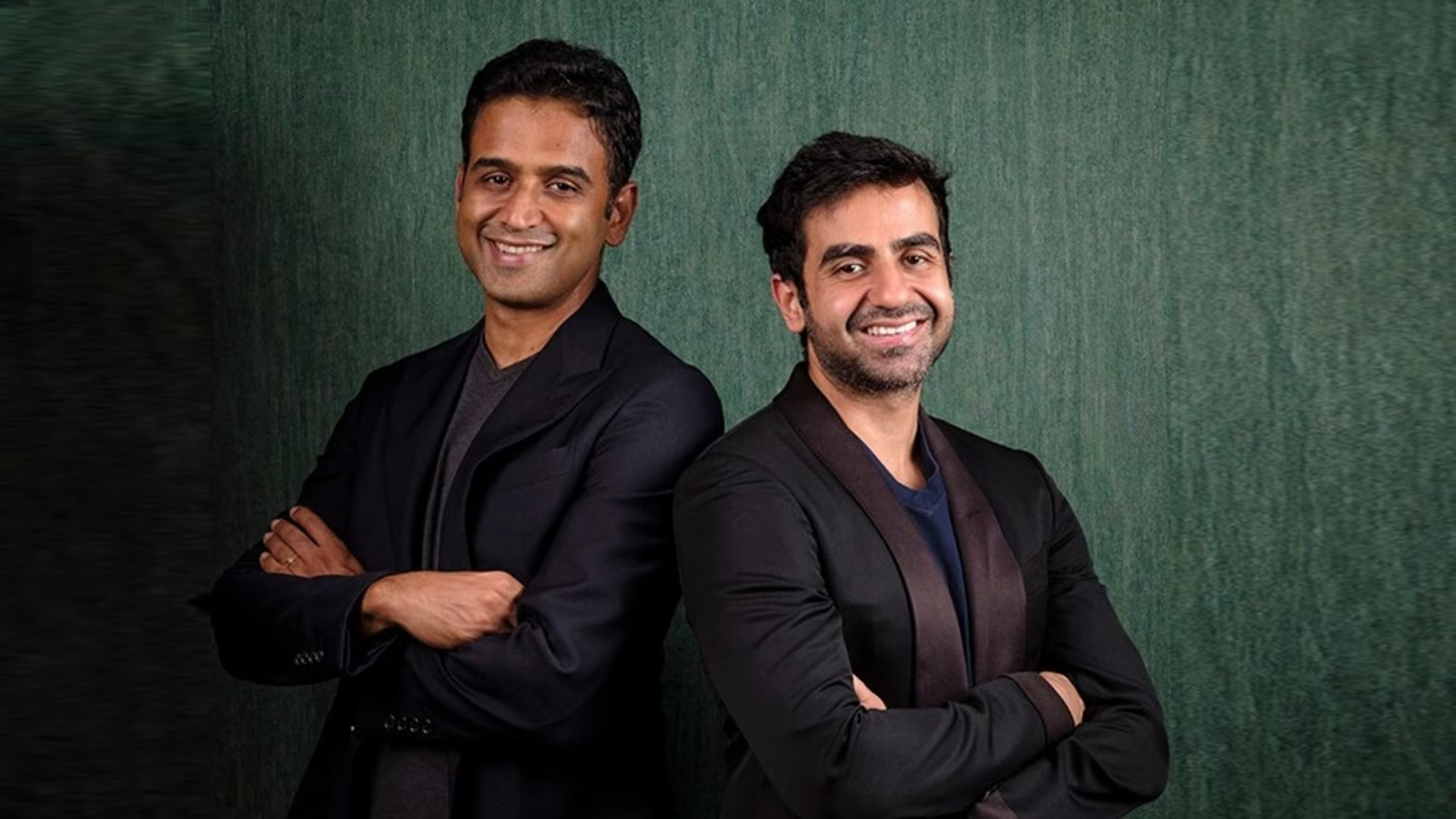
Nandishwar
Founder @StudyFlames... • 1y
11 Founders Who Broke Education Norms to Build Empires 🚀 These visionaries prove that success isn’t confined to classrooms! 📌 Kunal Shah - MBA dropout, founder of CRED. 📌 Ritesh Agarwal - Undergrad dropout, founder of OYO. 📌 Kaivalya Vohra &
See More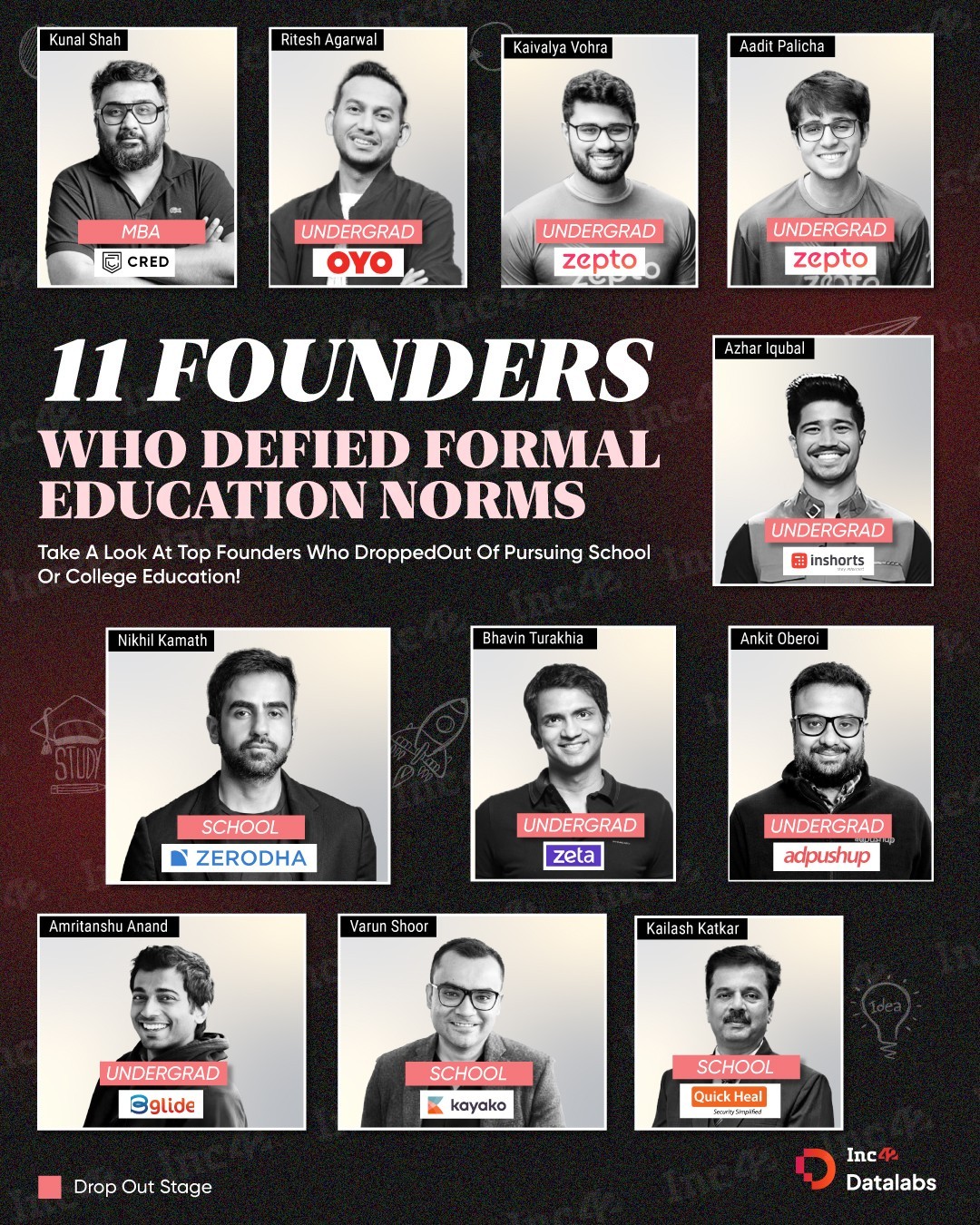
Piyush Hagawane
Every Decision is a ... • 1m
Just came across 'thefoundery' on instagram, Co-founded by Nikhil Kamath and Kishore Biyani. Got curious because of the Banglore boy and did a lil research. It's a startup/entrepreneur launchpad, a 90 Day program in Alibaugh, Maharashtra. Hwere th
See More

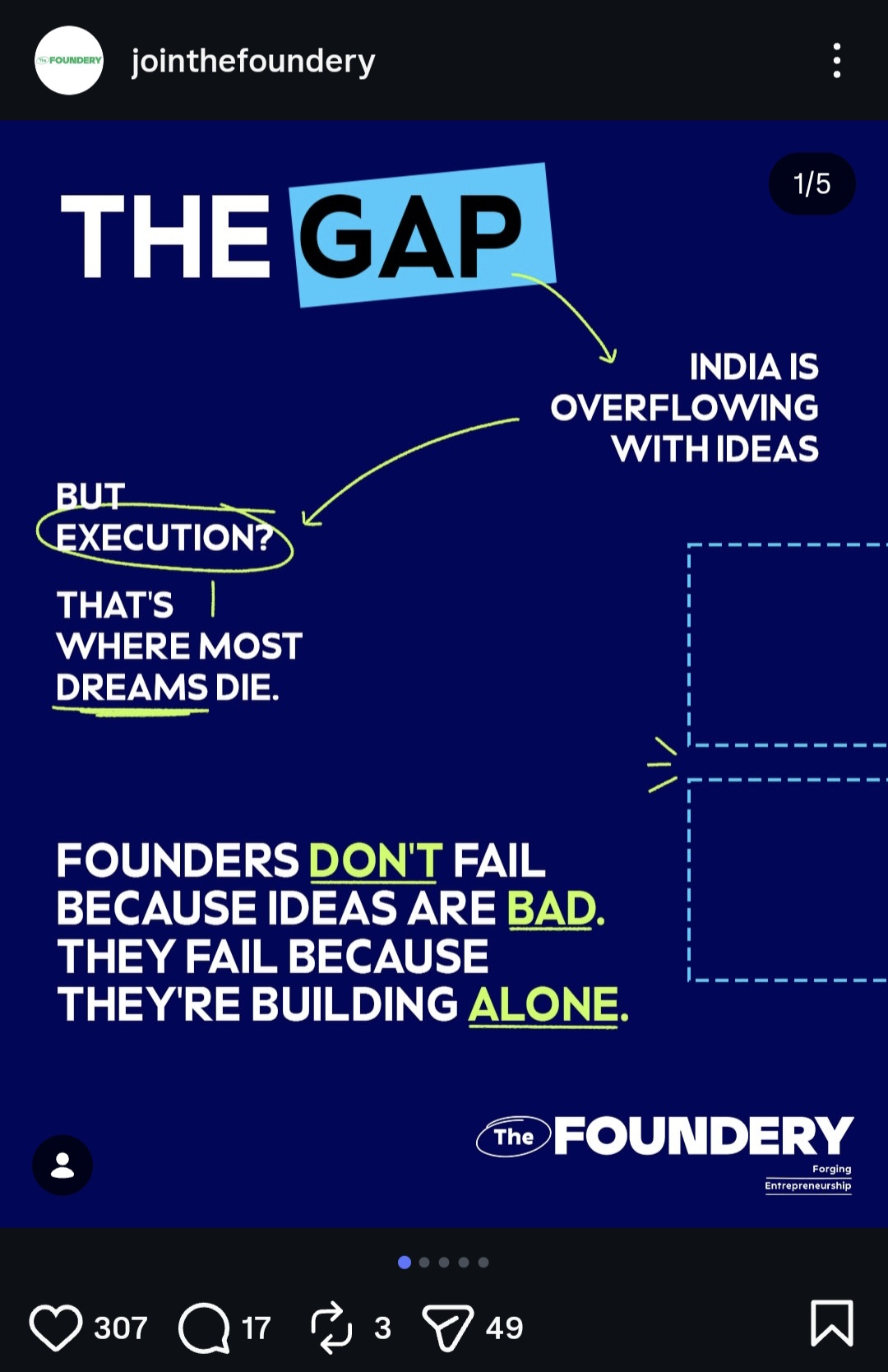
Download the medial app to read full posts, comements and news.














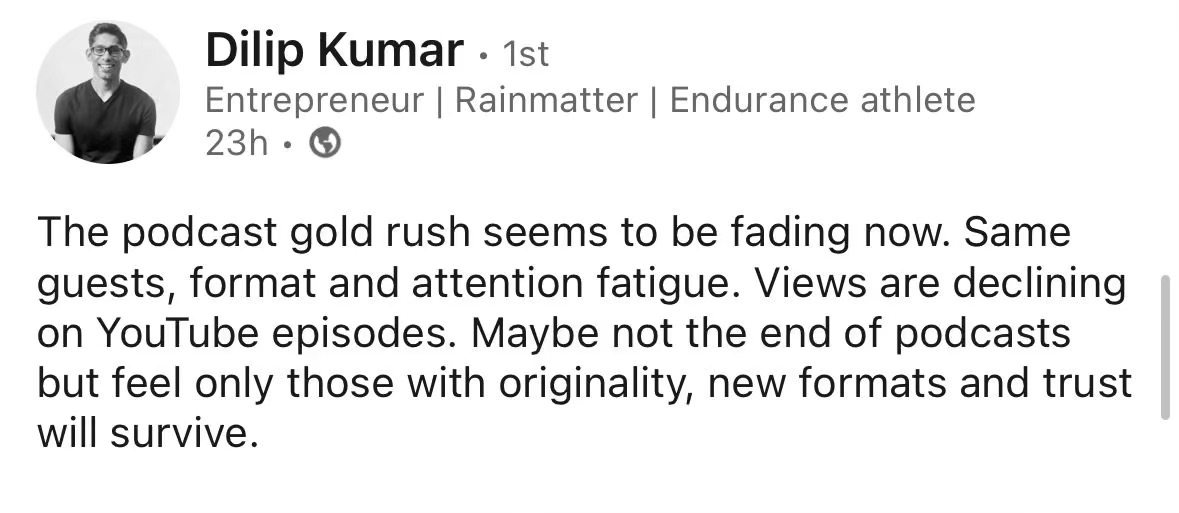



/entrackr/media/post_attachments/wp-content/uploads/2021/08/Accel-1.jpg)




















